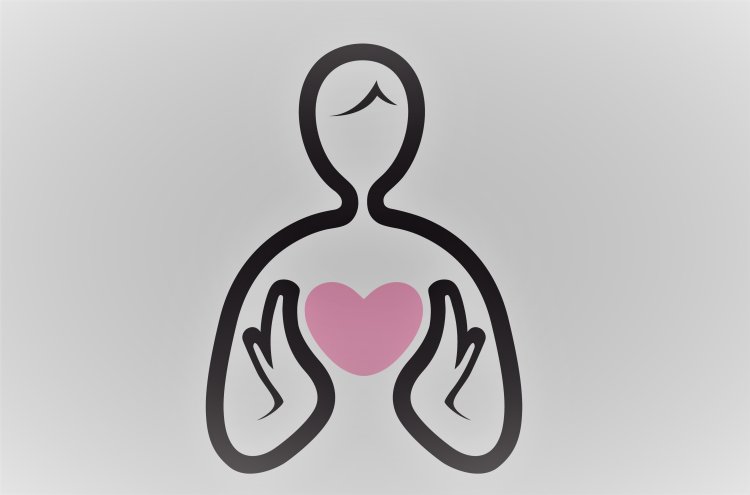Preterm Birth and Heart Disease: What Every Mom Needs to Know About Long-Term Risks
When a baby arrives earlier than expected, most of the attention naturally shifts to the newborn fragile lungs, tiny diapers, and wires in the NICU. But one part of the story often slips into the background: the mother’s health.

Research is now uncovering something important: delivering a baby early isn’t just a chapter in your pregnancy story. It may leave quiet, lasting imprints on your own heart health.
Pregnancy as the body’s ultimate “stress test”
Pregnancy asks everything of a woman’s body. Blood volume climbs, blood pressure adapts, hormones surge, and the heart works harder than it ever has. In many ways, those nine months act like a stress test for the cardiovascular system, sometimes unearthing weaknesses that might otherwise stay hidden until much later in life.
Dr. JoAnn E. Manson, a leading women’s health expert at Harvard Medical School, explains it simply: conditions like gestational diabetes, preeclampsia, and now preterm birth should be treated as warning signs. They don’t mean a woman will develop heart disease, but they do quietly raise the odds.
What the research shows
A study published in Hypertension followed more than 1,000 mothers across major U.S. cities, tracking their blood pressure for years after delivery. The researchers found some striking patterns:
Women who had delivered preterm were more likely to see their blood pressure climb over time.
Those who combined a history of early delivery with steadily rising blood pressure were twice as likely to develop calcium deposits in their heart’s arteries, an early marker for heart disease and stroke.
Preterm birth alone wasn’t the problem. The real danger came from the combination of early birth and creeping blood pressure in the years that followed.
In short: it isn’t just about the timing of birth, it's about what happens to a woman’s cardiovascular system long after the delivery room.
Why not all preterm births carry the same risks
Not every early delivery tells the same story. Sometimes labor starts early for reasons completely unrelated to the heart carrying multiples, or physical changes in the cervix, for example. In those cases, the long-term risk to the mother’s heart may not be the same.
But when preterm birth is coupled with blood pressure issues whether during pregnancy or years afterward the connection is harder to dismiss.
How moms can protect their heart health
If you’ve delivered a baby early, the message isn’t fear. It’s awareness and a chance to be proactive.
Here’s what experts recommend:

Share your pregnancy history. Don’t leave preterm birth or other complications off your medical chart. They’re not “just in the past” they’re part of your long-term health profile.
Keep an eye on blood pressure. Under 120/80 mm Hg is the sweet spot. Even small increases matter. A home blood pressure cuff and monthly check-ins can help you catch changes early.
Lean into heart-healthy habits. Think colorful fruits and vegetables, whole grains, and healthy fats. Go easy on salt, red meat, and processed foods. Keep moving whether it’s brisk walks, chasing kids around, or yoga. And absolutely no smoking.
Play the long game. Heart disease doesn’t happen overnight. The choices you make in your 30s and 40s, especially after a complicated pregnancy, ripple into your 50s and beyond.
The bigger picture
Motherhood has a way of pulling all attention outward toward the child, the milestones, the sleepless nights. But your body is part of this story too. Studies like this remind us that pregnancy isn’t just a moment in time; it’s a mirror. Sometimes it shows strength, sometimes it shows vulnerability. Both deserve to be acknowledged.
So if your baby came early, think of it as your body’s way of tapping you on the shoulder: pay attention to your heart. It’s not a guarantee of illness, but it is a reason to take your own health seriously. And by doing so, you give your child something that lasts far longer than diapers and bedtime routines, a healthier, stronger version of you.
What's Your Reaction?




















